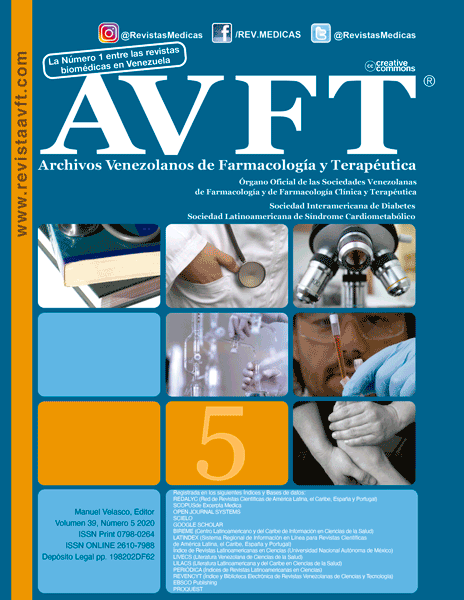Evaluation of injuries caused by intentional and unintentional accidents in patients referred to Shohadaye Haft-e-Tir Hospital, Tehran
Palabras clave:
Intentional accidents, unintentional accidents, injuries, the prevalence of mortality, outcome.Resumen
Introduction. Intentional and unintentional accidents are the most significant reason for abnormal deaths in Iran and are required to be addressed in different ways. Different tensions such as accidents, conflicts, and occupational accidents can affect on various aspects, including economy, society, comfort and security, public welfare, and disabilities. Due to the lack of comprehensive studies on injuries resulted from accidents; we conducted, for the first time, research using the national information of Iran.
Methodology. This was a descriptive cross-sectional study, with a sample of 1575 patients referred to the emergency ward of Shohadaye Haft-e-Tir Hospital, due to intentional and unintentional injuries in the period 2014-2015, were considered. Patients' information was recorded in the national standard form of National Accidents and Emergency Management Center. Data from the completed forms were analyzed by the statistical package SPSS 20.
Results. From the 1575 patients referred to the emergency ward of Shohadaye Haft-e-Tir Hospital, 1195 (75.9%) and 380 (24.1%) were male and female, respectively. The mean and standard deviation of the age of samples was 30.8±16.7 years (minimum 1 year and a maximum of 93 years). The majority of injured were city residents (1502), and a few lived in the villages (41). The most common location for the occurrence of accidents was urban public passageways. Patients were referred to medical centers through ambulances (115, Medical Center, and the Red Crescent), personal vehicle, and taxi. Driving accidents, falling, and colliding with static mechanical forces were the most important. Investigating the cause of accidents made it obvious that 1458 patients were injured unintentionally, and only 71 cases resulted from intentional accidents. Considering the mortality rate showed that 31 patients (1.96%) died. Multivariate logistic regression analysis showed that head and neck fractures (OR=36.2) as well as patient′s coma on arrival (OR=43.13), are factors increasing the chances of death.
Conclusion. It seems possible to predict and prevent some common factors in the occurrence of accidents at different points. Moreover, there are some predictors of poor prognosis in accidental patients. Fractures in the head and neck area and patient's coma on arrival, are factors that increase the risk of death and should be considered seriously in the pre-hospital and in-hospital emergency wards.




